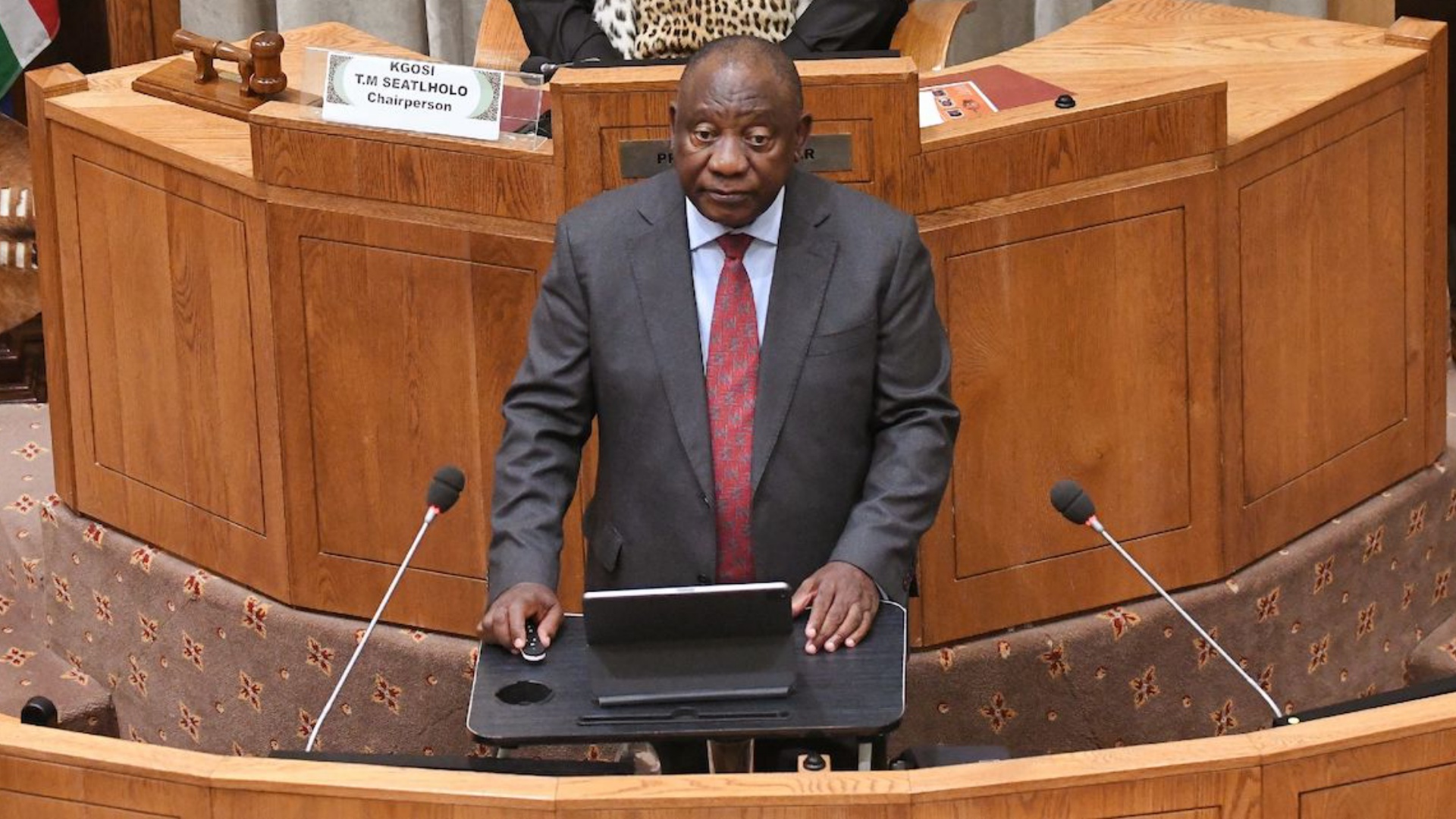- Government’s International Cooperation, Trade and Security (ICTS) cluster has assessed the action plan following the Financial Action Task Force’s (FATF) decision to grey list South Africa.
- The cluster has committed to with the FATF in order to tackle the country’s pervasive money laundering and financial crimes.
- The action plan focuses on giving local authorities greater capabilities in fighting financial crimes.
Last month the South African government was rocked by news that it had been placed on a grey list by the Financial Action Task Force (FATF) for failing to address the pervasiveness of money laundering and financial crimes in the country.
At the time government tried to paint a better picture of the situation, and now the International Cooperation, Trade and Security (ICTS) cluster has confirmed that Cabinet (which was recently reshuffled) has considered an action plan and aims to work with the FATF in order to address the glaring discrepancies.
“FATF assessed that the country needed to make further and sustained progress in addressing the eight areas of strategic deficiencies related to the effective implementation of South Africa’s Anti-Money Laundering/Combating the Financing of Terrorism (AML/CFT) laws as set out in the FATF’s statement,” SA News reported.
“The country needs to be able to demonstrate, among other things, an increase in the investigation and prosecution of serious and complex money-laundering and terrorism financing,” the publication added in reference to President Ramaphosa’s reaction to the grey listing.
It appears as if many of the steps needing to be taken revolve around giving local authorities more teeth when it comes to tackling financial crimes.
Some examples include an increase in mutual legal assistance requests to other countries, such as extraditing fugitives who seek asylum in SA, along with increasing the use of financial intelligence by law enforcement agencies. An example of the latter would be to give necessary bodies and regulatory organisations the scope to pursue cryptocurrency-related crimes, as we saw with Africrypt in 2021.
“Our action plan to address these deficiencies is aligned with the work we are doing to implement the recommendations of the State Capture Commission as outlined in our submission to Parliament in October last year,” Ramaphosa added.
“We have restored credibility to key institutions like SARS and the NPA to enable them to fulfil their respective mandates. We have bolstered the powers of the Special Investigating Unit (SIU) by establishing a Special Tribunal to recover public funds stolen through corruption and fraud, and an Investigative Directorate in the NPA to investigate serious corruption,” he continued in citing steps taken prior to SA being added to the grey list.
How quickly, and indeed effectively, the South African government can address the remaining elements outlined by the FATF is still unclear. As such, we could be on the grey list for quite some time.
[Image – CC BY-ND 2.0 GovernmentZA on Flickr]
[Source – SA News]

